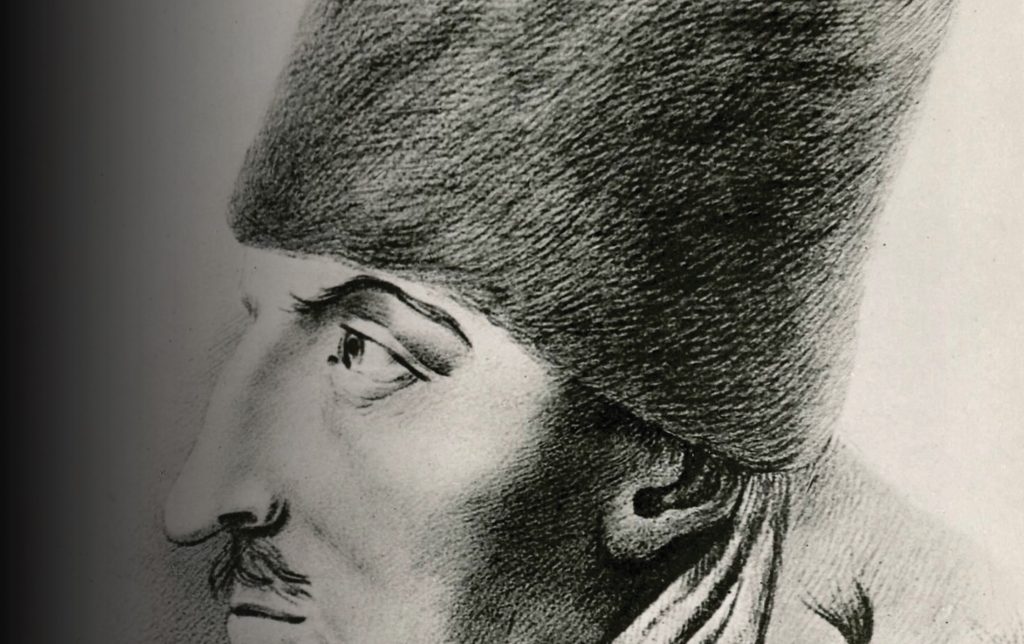Ya’akov Frank: A Short Biography

Ya’akov (Jakub) Frank, a messianic pretender born in Podolia, was excommunicated, together with his closest followers by a rabbinical assembly convened in Brody, due to the heretical doctrines he preached (such as "purification through transgression") and behaviour (such as orgiastic promiscuity) that flouted Jewish religious prohibitions. After the ban was confirmed by the Council of Lands, the rabbinic establishment turned to the Roman Catholic Church hierarchy for support in extirpating this heresy. Instead, the clergy was persuaded by Frank’s followers that the real reason why the Jews were persecuting them was the affinity of the Frankist creed to Christian beliefs. A staged disputation ensued, organized in 1757 by the Catholic Bishop of Kamianets-Podilskyi, Mikolaj Dembowski, between the Frankists and forty rabbis, compelled to attend under threat of corporal punishment. Unsurprisingly, the Frankists were declared victorious and Bishop Dembowski ordered the burning of the Talmud in Lviv, where he had become archbishop. At a second disputation, held in Lviv in 1759, the Frankists again highlighted the similarity of their beliefs to those of Christianity, but failed to prove that the Talmud required that Jews use Christian blood for ritual purposes. A result of the disputations was that the Frankists came to be treated as candidates for conversion to Catholicism. Frank, together with approximately 600 of his followers converted in Lviv with considerable fanfare immediately after the second disputation; over a thousand others converted the following year. It soon became apparent, however, that Frank’s conversion was part of a more grandiose messianic plan. Frank was arrested and convicted of heresy by a Church tribunal in Warsaw and imprisoned in the monastery of Częstochowa, even as many of his followers entered the ranks of the Polish Catholic nobility.
Antony Polonsky, The Jews in Poland and Russia (Oxford and Portland, OR, 2010), vol. I, 148–149; Pawel Maciejko, “Frankism," YIVO Encyclopedia of Jews in Eastern Europe (2010).
Ostap Slyvynsky’s interviews for Hromadske Radio’s “Zustrichi” program dedicated to “The Books of Jacob”:



















